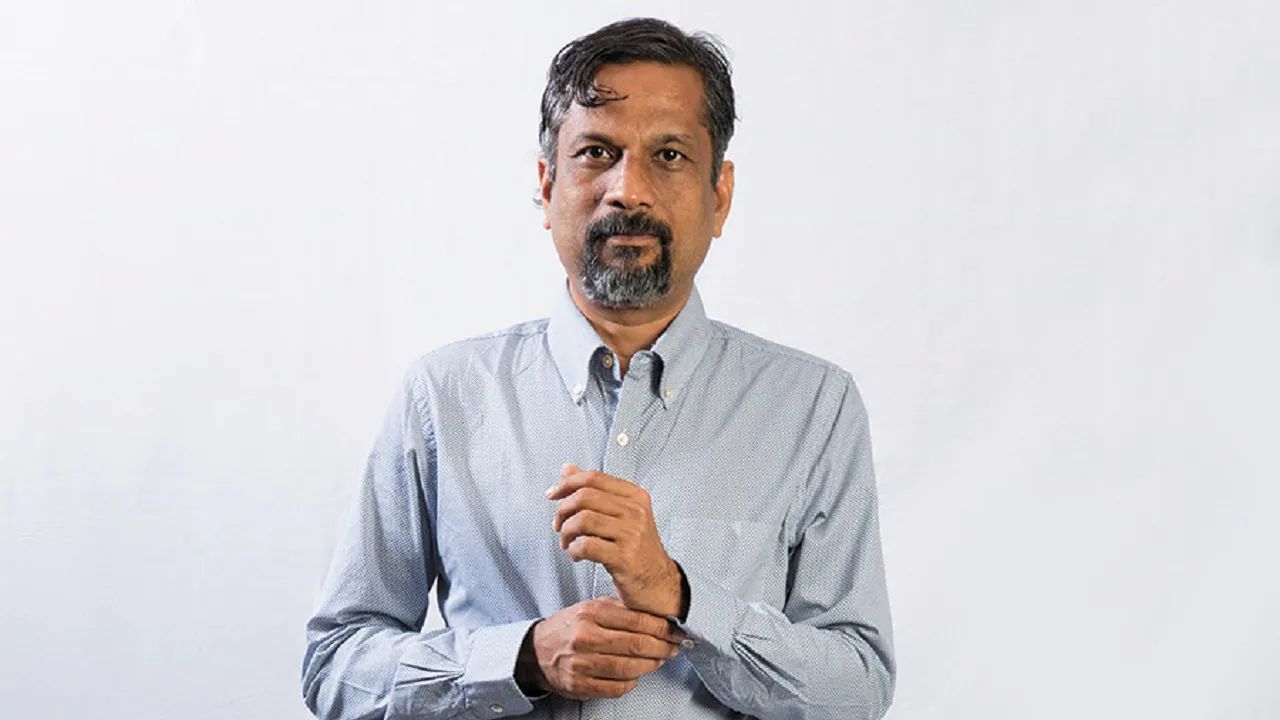By Vijay Anand
In a candid conversation with Sharad Sharma, founder of iSPIRTS Foundation, at the CNBC-TV18 and Moneycontrol Global AI Conclave in Bengaluru, Sridhar Vembu, the CEO of Zoho, shared insightful perspectives on the risks and potential of artificial intelligence (AI). The event took place on Saturday, December 16, offering a platform for industry leaders to discuss the future of AI.
Vembu began by warning about the risks of what he termed “digital colonisation,” cautioning that in any adverse situation, services like WhatsApp could be disrupted. This pointed to the vulnerability of dependence on centralized digital platforms.
Vembu emphasised the effectiveness of smaller models tailored to specific demands by highlighting the versatility of AI models. “With 7 billion parameters, we can do a lot,” he stated, shedding light on the diverse applications of AI in various domains.
At Zoho, Vembu revealed ongoing efforts to enhance productivity in software development using AI. “We could raise the productivity of an average programmer with AI, and we need to work on developing that,” he said, underscoring the transformative potential of AI in this sector.
Vembu further touched upon Zoho’s focus on healthcare, citing an “intrinsic edge” that leads to developing domain-specific models. He emphasised the unique advantages AI offers within the healthcare sector, aligning with Sharma’s sentiment on the vast opportunities in AI, particularly concerning India’s extensive health datasets.
Discussing the need for regulation in the AI space, Vembu drew a parallel with the process for obtaining an NBFC license from the Reserve Bank of India (RBI). “Just like how RBI makes a process to obtain an NBFC licence, there will be a regulatory framework with data as well. We need that regulation to unlock the potential,” he stated, advocating for a structured approach to govern AI applications.
Vembu also touched upon the importance of “brain capital” over financial capital, expressing confidence that once the challenges in intellectual resources are overcome, financial capital will naturally follow. He noted the entrance of AMD into the AI chip market and revealed a collaboration with them, predicting that supply chain issues related to chips will soon be resolved. “They have a very competitive silicon now. So with that, I think should the supply situation resolve, then it’s a matter of getting the talent capital,” he said.
As the conversation unfolded, it became evident that industry leaders like Vembu are not only aware of the challenges posed by AI but are actively working towards harnessing its potential in a responsible and transformative manner. The conclave provided a platform for valuable insights into the future landscape of AI, its risks, and the myriad opportunities it presents across various sectors.
